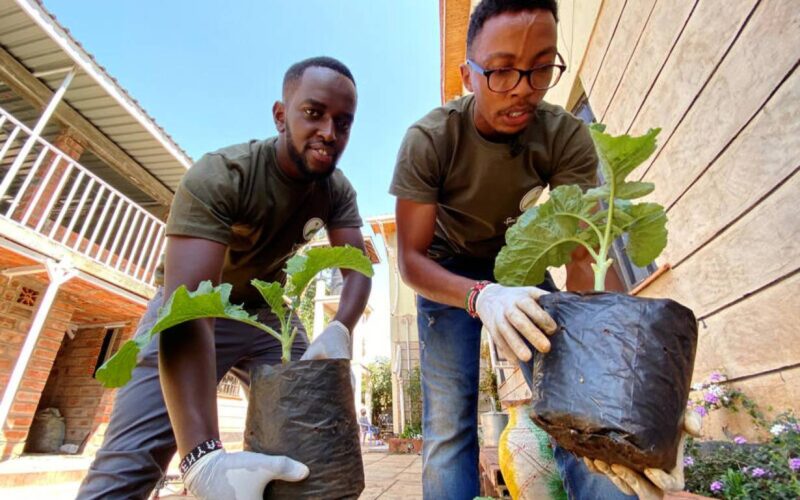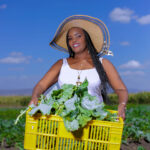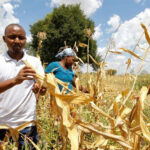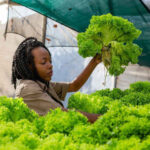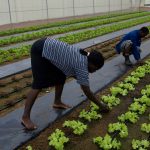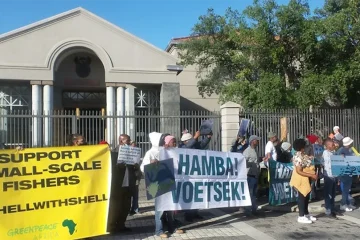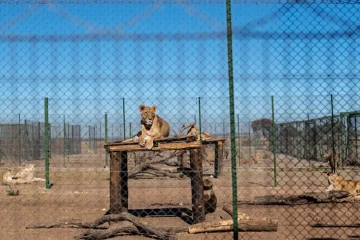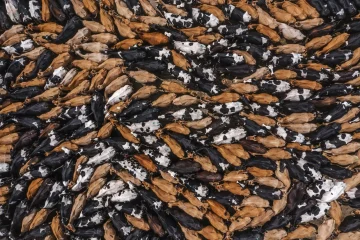EDWIN WAITA
KENYAN urban farmer Francis Wachira credits a soil recycling company with keeping him afloat financially during the coronavirus crisis: it helped him to start producing herbs and vegetables on his tiny Nairobi plot.
The locally-owned company, Sprout Organic, mixes animal bone meal, seeds, foliage, dry leaves, twigs and kitchen waste like banana peels, to concoct a composite that is then sold to urban farmers like Wachira to grow food in small spaces.
Wachira, 71, used to make a living by renting out tiny tin shacks he built, but the coronavirus pandemic meant his tenants could no longer pay him.
Now he sells the produce from his plot, such as kale, spinach and herbs, and says he earns around 1,000 shillings ($9.23).
“We are making good money out of this,” he said.
Ted Gachanga, an agronomist who co-owns Sprout, says their product resembles black cotton soil. Worms are usually added to the mixture to help it mature, a process that takes about four weeks.
A 20 kg bag sells at 3,500 shillings. Gachanga said demand had risen by 10% during the pandemic, which has cut incomes and impinged food supply chains.
“People are seeing the need to grow their own produce,” Gachanga said.
Close to 15,000 people in Kenya have been infected by the COVID-19 disease since the first case was reported in mid-March, official data showed. Economic growth has slowed down sharply, with many job losses in sectors like tourism.
Sprout employs three staff, and its owners say that although their technology is not new, they have patented the formula for the composite. They hope to expand production beyond Nairobi to cover other towns.
“Anybody can be an urban farmer,” said Michael Kanywiria, a co-owner of Sprout. ($1 = 108.3000 Kenyan shillings) – Thomson Reuters Foundation.
Advert

